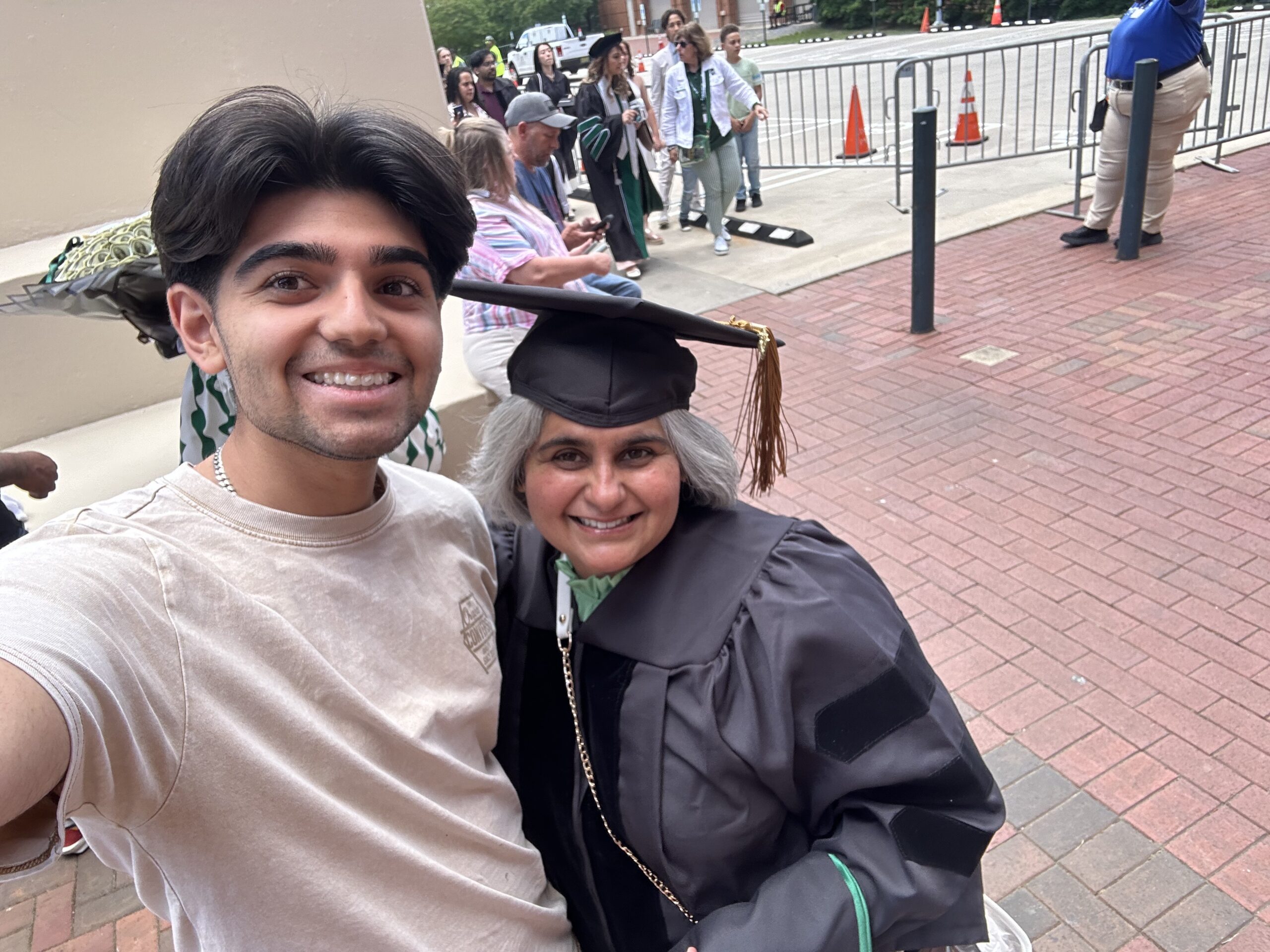Spotlight on Students: Grace Sullivan `25 on agricultural insights
As always, we are excited to connect with our students as they embark on summer or post-graduate adventures in our Spotlight on Students interview series. This interview is with Grace Sullivan `25 about her work at an agricultural internship. Grace is currently double majoring in Environmental Engineering and Political Science.
CB: Can you describe for us what you are doing during your summer experience?
GS: This summer I am interning with an engineering consulting firm in their Agriculture department. I’m working on energy management planning and comprehensive nutrient management planning for farms across the east side of the county.
CB: What skills or knowledge do you hope to gain during your summer experience?
GS: This summer I’m working on learning more about the industry of agriculture and specifically programs that are run through the USDA. The company I work at has NRCS TSP’s or Technical Service Providers. TSP’s are often Professional Engineers that have undergone specific training to write certain types of plans for farmers and landowners through the NRCS. This summer is very career focused in that sense, but I am also learning about the type of lifestyle I would like post-graduation. The company I am interning with offers a lot of travel opportunities due to the nature of site visits across the eastern side of the country.
CB: How are you applying the skills of servant leadership in this experience?
GS: The biggest servant leadership skill I see myself applying is the ability to listen to the needs of those I serve and act based on those needs. During each site visit I take time to talk to the farmer and learn about what changes they would like to make on their farm. Then the report I create for them satisfies both their needs and the NRCS requirements. In addition to serving individual farms, I also hope to make a difference in our overall food supply. Energy and nutrient management plans work to make agriculture more sustainable and efficient. I hope to both have positive impacts on the environment and on food availability.
CB: Is your summer experience challenging any preconceived notions or assumptions you had? If so, how?
GS: This summer my perspective on agriculture has been incredibly challenged. Previously, I have been heavily involved in learning about and volunteering in regenerative agriculture spaces. (Regenerative agriculture is a principle focused on nutrient cycles, circularity, and soil health) To me, regenerative agriculture seemed like the only way of farming that made sense. I am still very much in support of this method of agriculture, but my eyes have been opened to more realistic ways of making a difference. Something I did not previously understand was the issue of land availability and lack of young people in agriculture due to barriers to entry. Regenerative agricultural practices often require significantly more land and upfront costs than conventional agriculture which poses a real problem when agriculture is already a difficult field to get involved in. I now have a lot more empathy for conventional producers and a better understanding of the aches our agricultural industry is facing.
CB: What is the most valuable lesson you are learning during this experience?
GS: The most valuable lesson I have learned this summer is to withhold judgement without first fully understanding an industry. I previously believed regenerative agriculture was the only “good” way to farm, but I have since broadened my understanding of agriculture in America and the barriers that make regenerative agriculture difficult to transition to. I am constantly reminded to continue learning and broadening my perspective.
CB: How does your summer experience compare to your expectations going into it?
GS: The biggest part of my summer that surpassed my expectations was how much I would enjoy my co-workers. I work with some very intelligent and well-connected folks in the industry of agriculture and I really enjoy hearing about their experiences and opinions of different topics.
CB: What was the most rewarding aspect of your summer experience?
GS: The most rewarding aspect of my summer thus far has been becoming autonomous in the work that I have. I have received enough training that I am essentially able to act as a full time employee and write plans as a staff engineer would. Though the plans I create are fully reviewed by a Professional Engineer (PE), it feels good to have a sort of ownership over my work.
CB: Did your summer experience prompt any changes or new directions in your academic or career plans? If so, what were they?
GS: I am definitely reconsidering my future, and in many many ways. I am learning that I have a lot to learn about the industry of agriculture as a whole. I am more excited than ever about prospects for more schooling after my undergraduate degree. There’s much more I want to learn and explore before I settle into a full-time job.
CB: What advice would you give to other students who are considering a similar summer experience?
GS: I would advise students who are considering internships in engineering to think deeply about their skills and if they feel like would be best suited for a manufacturing position or a consulting position. I would also advise students who have internships to ask questions abundantly and stay curious. I have learned a lot partially because of the questions that I ask. Oftentimes, people who work in senior positions don’t have a great grasp on what younger interns know and don’t know. Asking questions and helping them understand your current level of knowledge is very helpful.


